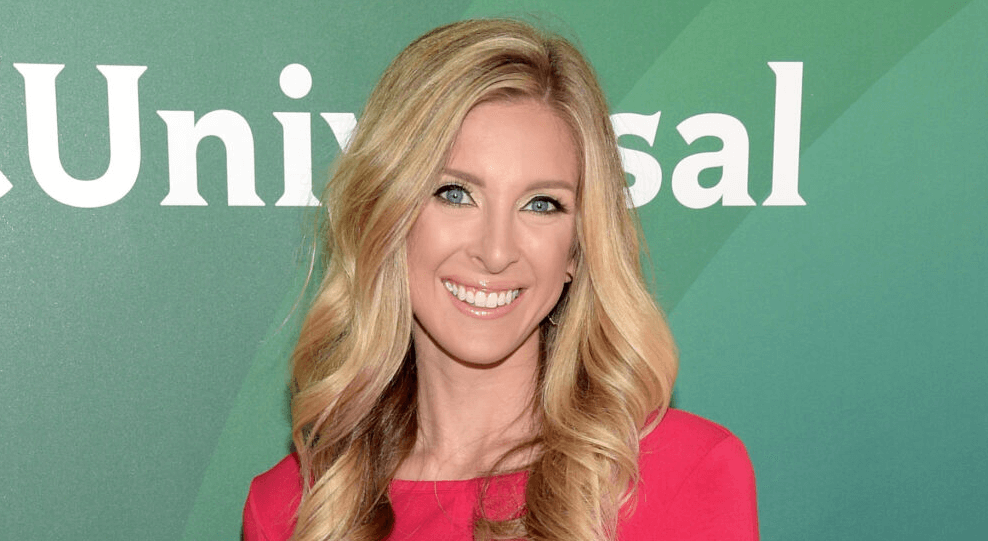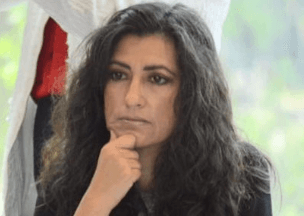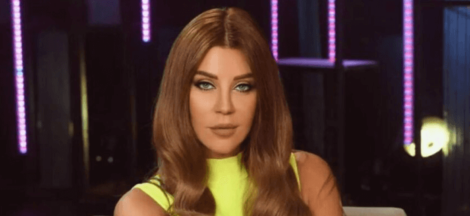In the vast landscape of celebrity news and reality television, rumors can spread like wildfire. One recent rumor that caused a stir was the false claim of the death of a Chrisley Knows Best Daughter Dies:’ cast member. In this article, we’ll debunk the misinformation, explore the impact of such rumors, and discuss the importance of fact-checking in the digital age.
Read Also Skip Bayless Tweets about LeBron: Navigating the Controversial Twists and Turns
Debunking the Rumor: The Daughter is Alive and Well
Rumors can be particularly distressing when they involve the well-being of public figures. In this case, let’s set the record straight: there is no truth to the rumor of the death of a Chrisley Knows Best daughter. The individual in question is alive and well, emphasizing the need to verify information before spreading it.
The Ripple Effect: Impact of False Claims
False claims, especially those involving death or tragedy, can have far-reaching consequences. Beyond the emotional toll on fans and followers, such rumors can tarnish reputations and create unnecessary panic. Understanding the gravity of misinformation highlights the importance of responsible sharing and fact-checking.
Navigating the Digital Sea: Tips for Fact-Checking
In a world flooded with information, distinguishing fact from fiction is paramount. Here are some practical tips for effective fact-checking:
- Cross-Verify from Reliable Sources: Check multiple trustworthy sources to ensure the accuracy of information.
- Look for Official Statements: Official statements from the concerned parties or representatives add credibility to the news.
- Beware of Clickbait: Clickbait headlines often lead to sensationalized content. Approach such stories with skepticism.
- Consult Fact-Checking Websites: Websites dedicated to debunking rumors, like Snopes, can provide valuable insights.
Social Media: A Double-Edged Sword
While social media connects us globally, it also serves as a breeding ground for rumors. The rapid dissemination of information on platforms like Twitter and Facebook necessitates a cautious approach. Social media users must play an active role in countering misinformation by verifying and responsibly sharing content.
Read Also Craig Reynolds Brother Prison: Uncovering a Remarkable
The Psychology Behind Rumors: Why Do They Spread?
Rumors tap into our innate curiosity and desire for sensational stories. The psychology behind the spread of rumors involves a complex interplay of emotions, from the fear of missing out to the thrill of sharing shocking news. Understanding these psychological aspects can help us approach online information with a discerning mindset.
Fact vs. Fiction: Teaching Media Literacy
Media literacy is a crucial skill in the digital age. Educational institutions and parents alike play a pivotal role in teaching young minds how to critically evaluate information. By instilling a sense of skepticism and emphasizing the importance of reliable sources, we can create a generation better equipped to navigate the online world.
The Anatomy of Rumors: Unraveling the Threads
Rumors, like wildfire, thrive on uncertainty and speculation. They often begin with a kernel of truth that gets twisted and distorted as it spreads. Understanding the anatomy of rumors involves recognizing the common elements that contribute to their creation and dissemination:
1. Sensationalism and Emotional Appeal
Rumors are often crafted with sensational language and an emotional appeal. This taps into the human psyche, making the information more shareable and memorable. In the case of the Chrisley Knows Best daughter rumor, the emotional impact was significant, prompting widespread sharing.
2. Lack of Verification
The speed at which information circulates online can lead to a lack of verification. People may share information without confirming its authenticity, contributing to the rapid spread of rumors. Encouraging users to pause and verify before sharing is essential in combating this trend.
3. Social Media Echo Chambers
Social media platforms often create echo chambers where users are exposed to information that aligns with their existing beliefs. Rumors find fertile ground in these echo chambers, reinforcing preconceived notions and hindering the objective assessment of information.
4. Celebrity Culture and Public Interest
The public’s fascination with celebrity culture adds fuel to the rumor mill. False claims about the well-being of public figures attract attention and engagement, perpetuating the cycle of misinformation. This phenomenon underscores the need for responsible reporting and consumption of celebrity news.
Read Also Little Hank Dalton
The Role of Responsibility: A Call to Action
As consumers of digital content, we bear a collective responsibility to foster a more reliable online environment. Here are actionable steps individuals can take to combat the spread of rumors:
1. Verify Before Sharing
Before hitting the share button, take a moment to verify the information. Cross-reference from multiple reliable sources to ensure accuracy.
2. Report False Information
Social media platforms provide reporting mechanisms. If you come across false information, report it to the platform, contributing to a cleaner digital space.
3. Educate Others
Spread awareness about the importance of fact-checking and responsible sharing. Education is a powerful tool in combating the spread of misinformation.
4. Encourage Critical Thinking
Foster a culture of critical thinking, where individuals question information and seek reliable sources. This mindset is essential in navigating the information landscape effectively.
5. Support Media Literacy Initiatives
Advocate for media literacy programs in schools and communities. These initiatives equip individuals with the skills needed to critically evaluate information and navigate the digital world responsibly.
Conclusion: Navigating the Digital Landscape Together
In the era of information overload, navigating the digital landscape requires a collective effort. By understanding the anatomy of rumors, recognizing our role in their spread, and taking responsibility for the content we consume and share, we can contribute to a more reliable and trustworthy online community. Let’s embark on this journey together, navigating the digital sea with a commitment to truth and responsibility.
Read Also Laurie Tagaloa Twitter Video: A Viral Sensation
Frequently Asked Questions (FAQs)
- Q: Is the Chrisley Knows Best daughter really dead?
- A: No, the rumor of the daughter’s death is false; she is alive and well.
- Q: Why do rumors spread so quickly on social media?
- A: Social media’s rapid dissemination of information, coupled with psychological factors, contributes to the quick spread of rumors.
- Q: How can I verify the authenticity of celebrity news?
- A: Cross-verify information from reliable sources, check official statements, and be cautious of sensationalized headlines.
- Q: What is the impact of false rumors on individuals and communities?
- A: False rumors can have emotional and reputational consequences, creating unnecessary panic and tarnishing reputations.
- Q: How can we promote media literacy among the younger generation?
- A: Media literacy can be promoted through education, teaching critical evaluation of information, and emphasizing the importance of reliable sources.





 Unveiling the Best Mexican Lawnmower: A Comprehensive Guide
Unveiling the Best Mexican Lawnmower: A Comprehensive Guide